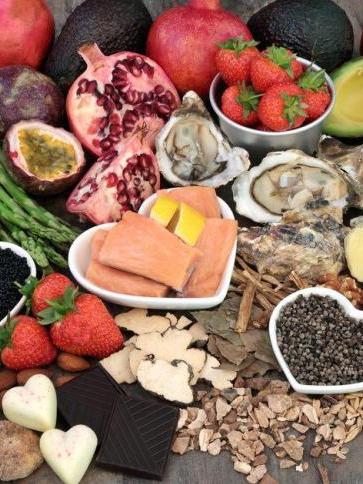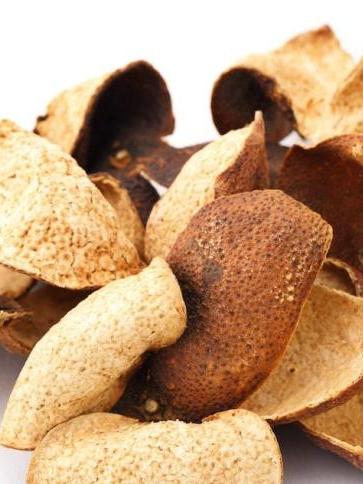This is a cuisine that's enjoyed as mythologies are shared over meat and mead, and survived as the country lurched from one world war to another. Yet, despite the difference in distance and culture, a handful of Greek restaurants have made it here in Hong Kong, fuelled in part, thanks to the economic crisis back in Greece.
While what they serve may differ, here are some ingredients they would share in common.

Olives have been integral to life in the Mediterranean since ancient times with olive oil having been used from as early as 6000BC. Still, here’s a little known fact: Extra virgin olive oil is typically not yellow, but a vibrant green colour. The yellow colouring is an indicator that it is made from olive pulp after the first press but is one where all the flavours, colours and properties have been stripped off the oil. Good quality EVOO will have a slightly grassy fragrance [and a] slightly fruity and pepper flavour as it is a sign of freshness.

The Greeks these days have been preferring Italian style coffee drinks and frappuccinos much like elsewhere in the world. Still, that’s not to say that they don’t have their own coffee culture that’s taken root over the century. The drink itself was introduced by the Turks when when the country was under Ottoman Rule. In fact, the Greeks were calling it Turkish coffee right up till the 1950s' when relations between the two countries deteriorated and the word ‘Turkish’ was expelled from daily vocabulary. Still, the techniques of which this style of coffee is made is the same: by boiling ground coffee in a metallic coffee pot with a handle (called briki), and then poured into a cup. It’s enjoyed as the grounds settle to the bottom.

A single whole fish often tells the story of its ecosystem, its terroir and its fishing methods. Pictured here is Milokopi, a common Mediterranean fish that’s nevertheless rare in Asia, especially if its fresh. The flesh has been described to have a flaky texture with a richer flavour of the sea than most other white fish. The Aegean Sea where much of Greece's seafood comes from makes for interesting fishing grounds. Its geography is shared between between Greece and Turkey in a body of water that’s dotted with islands. Fishing here is mostly done by small scale fishermen who take whole-day trips rather than huge commercial trawlers that go on month-long jaunts.

Greek wines
Think about ancient Greece and images of wines aged in amphoras would come to mind. The country is after all, one of the oldest wine-producing regions in the world dating back to 6,500 years with its own unique varietals as well as cultivation techniques. Think along the lines of vidiano for white wines (also known as Greece's answer to chardonnay) or agiorgitiko and xinomavro for red. Despite its long tradition and ancient heritage of wine-making, Greek wines have not made its mark in modern vino vocabulary until recent years. In part, it's because of long Turkish occupation and also a bout of plague in the 1900s that ravaged European vineyards followed by turbulent wars.

Mastic is a unique ingredient made by collecting the resin of Mastiha trees that grow only on the island of Chios. It’s a cloudy yellow crystalline gum that tastes mildly spicy and is said to have medicinal benefits. Of its many applications, having it as water is one of the oldest ways it is consumed as it is widely touted for being a digestive aid. Far from being an infusion though, Mastiqua is technically the product of a steam distillation process ensuring that its beneficial properties are kept. Flavour-wise it is slightly herbal and can be enjoyed any hour of the day especially at meal times.
Recommended reading: View more ingredients stories here.


















